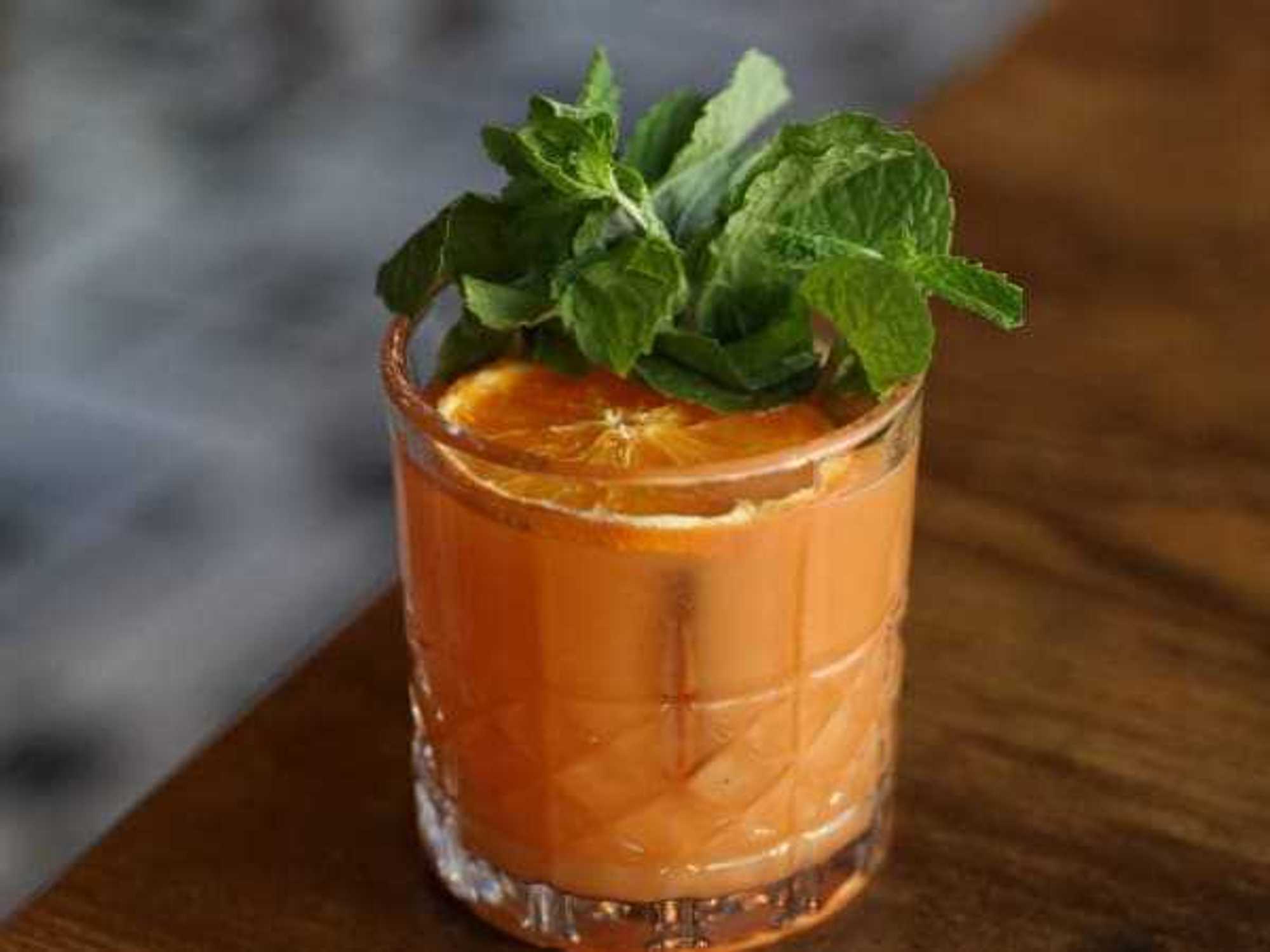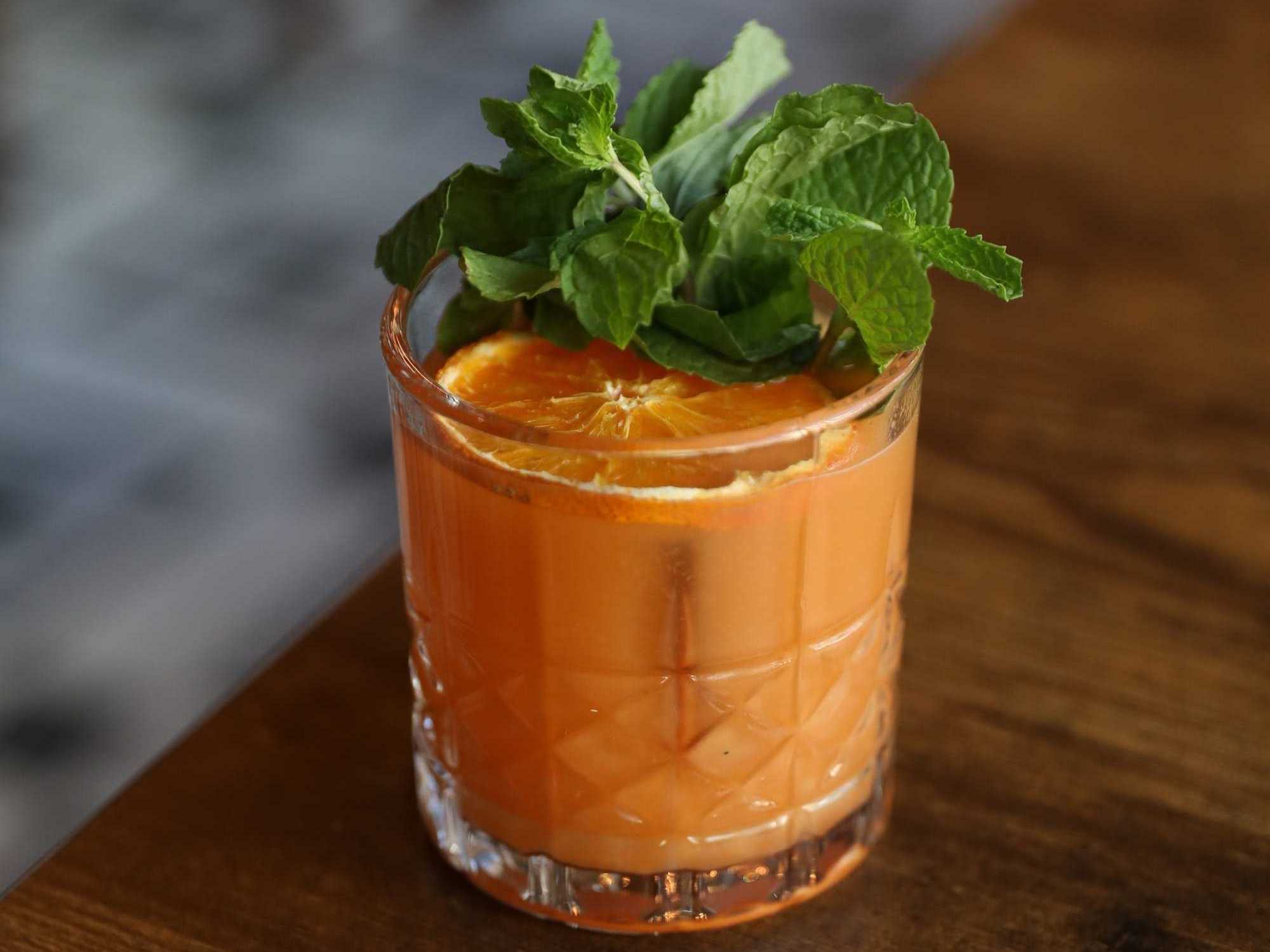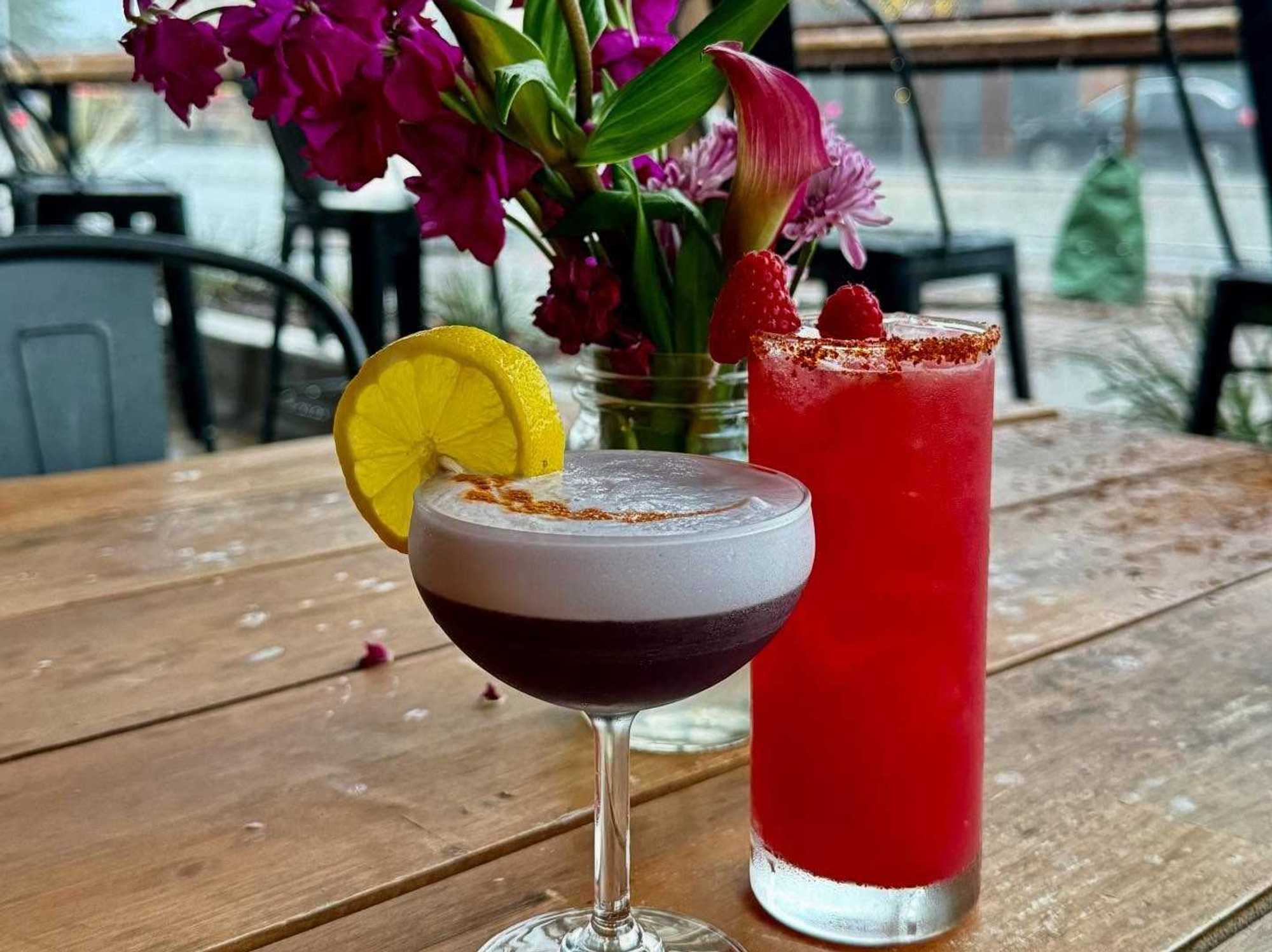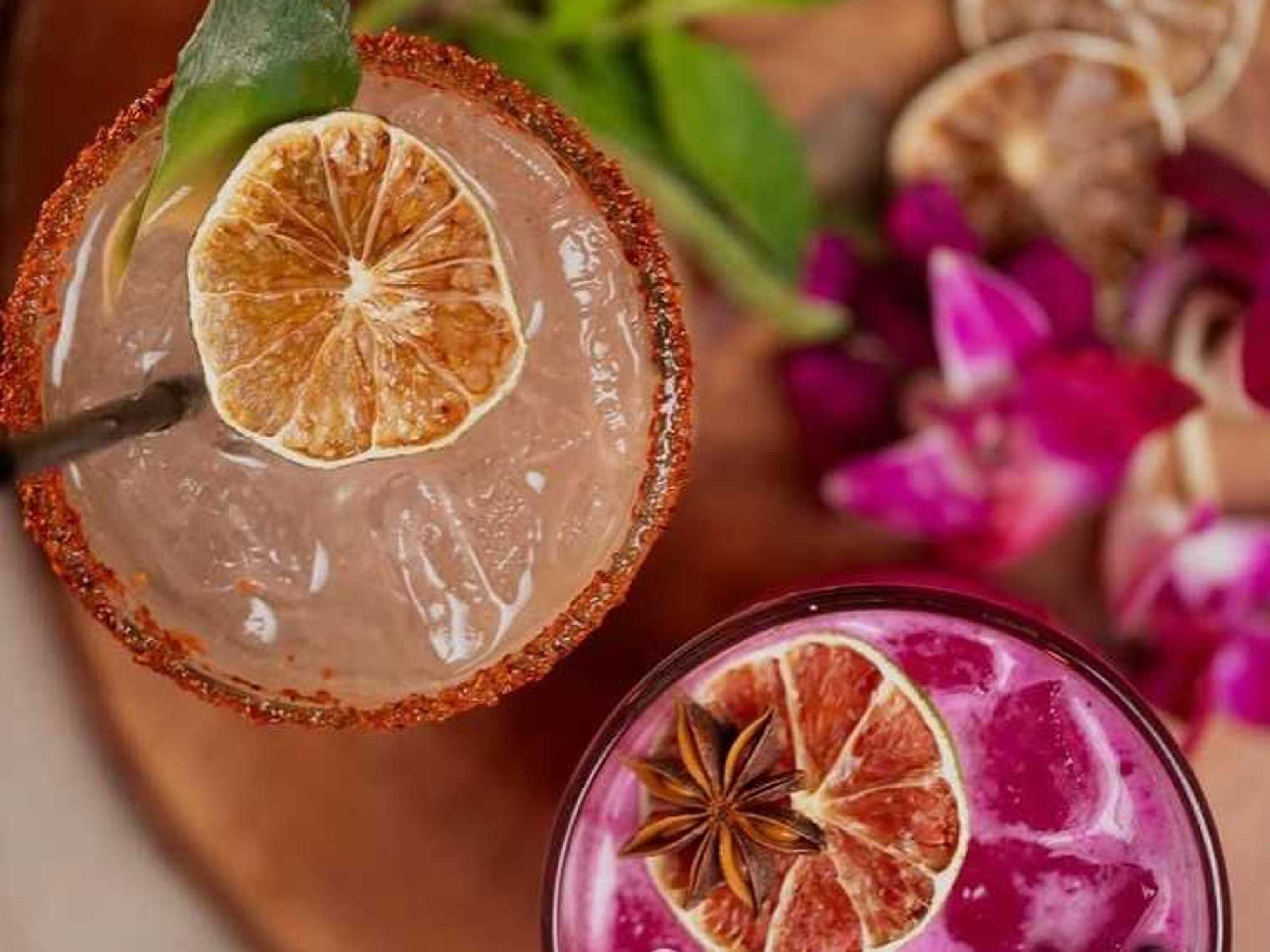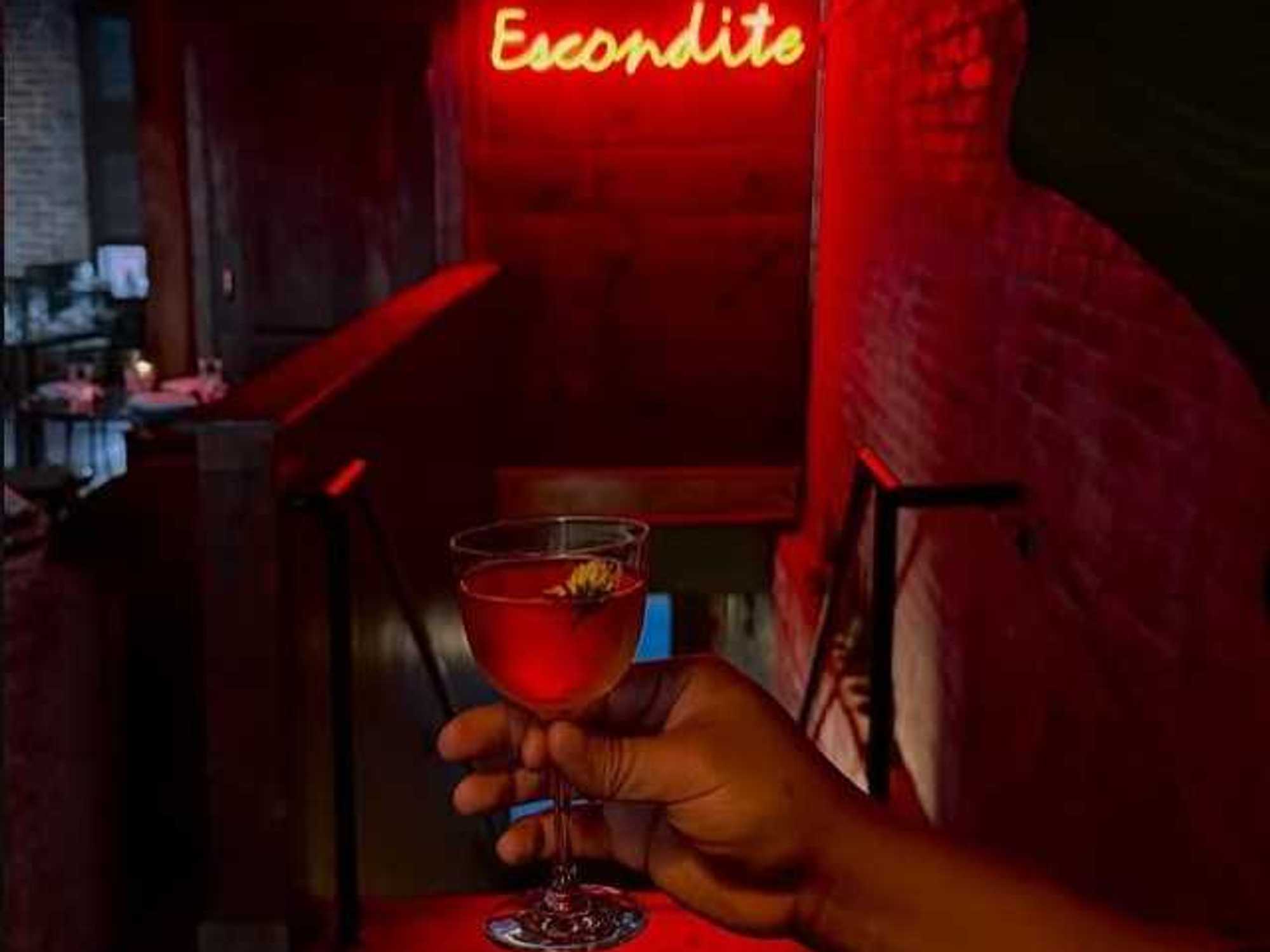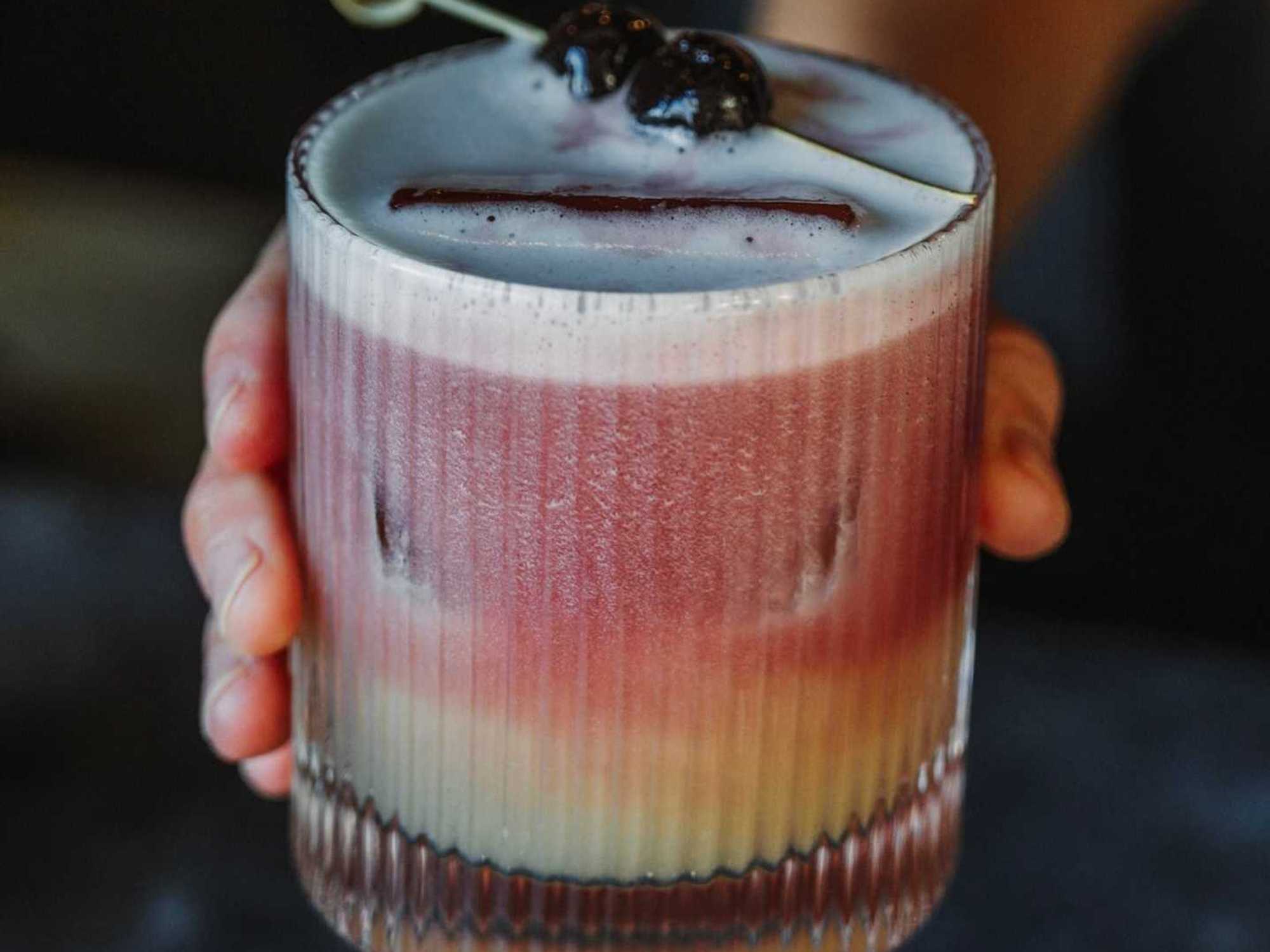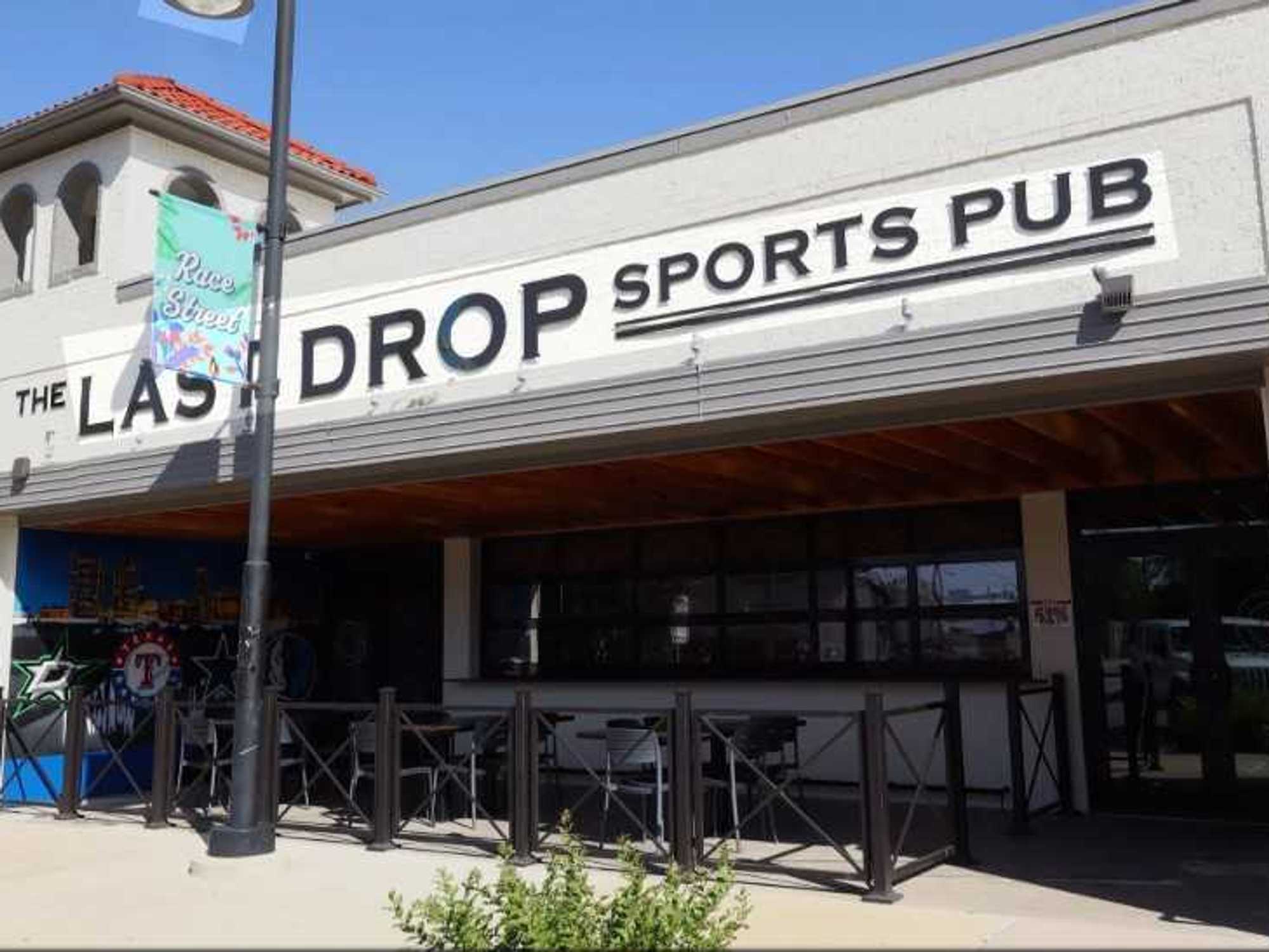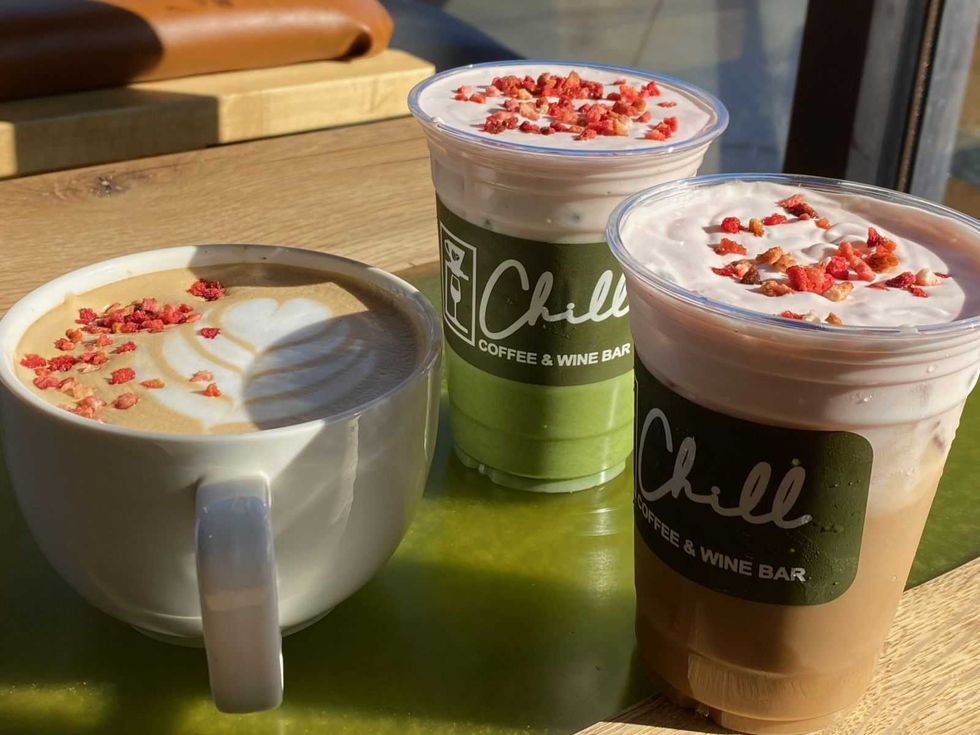Coronavirus News
Dallas-Fort Worth restaurants wade through COVID-19 confusion re: mixed drinks to go
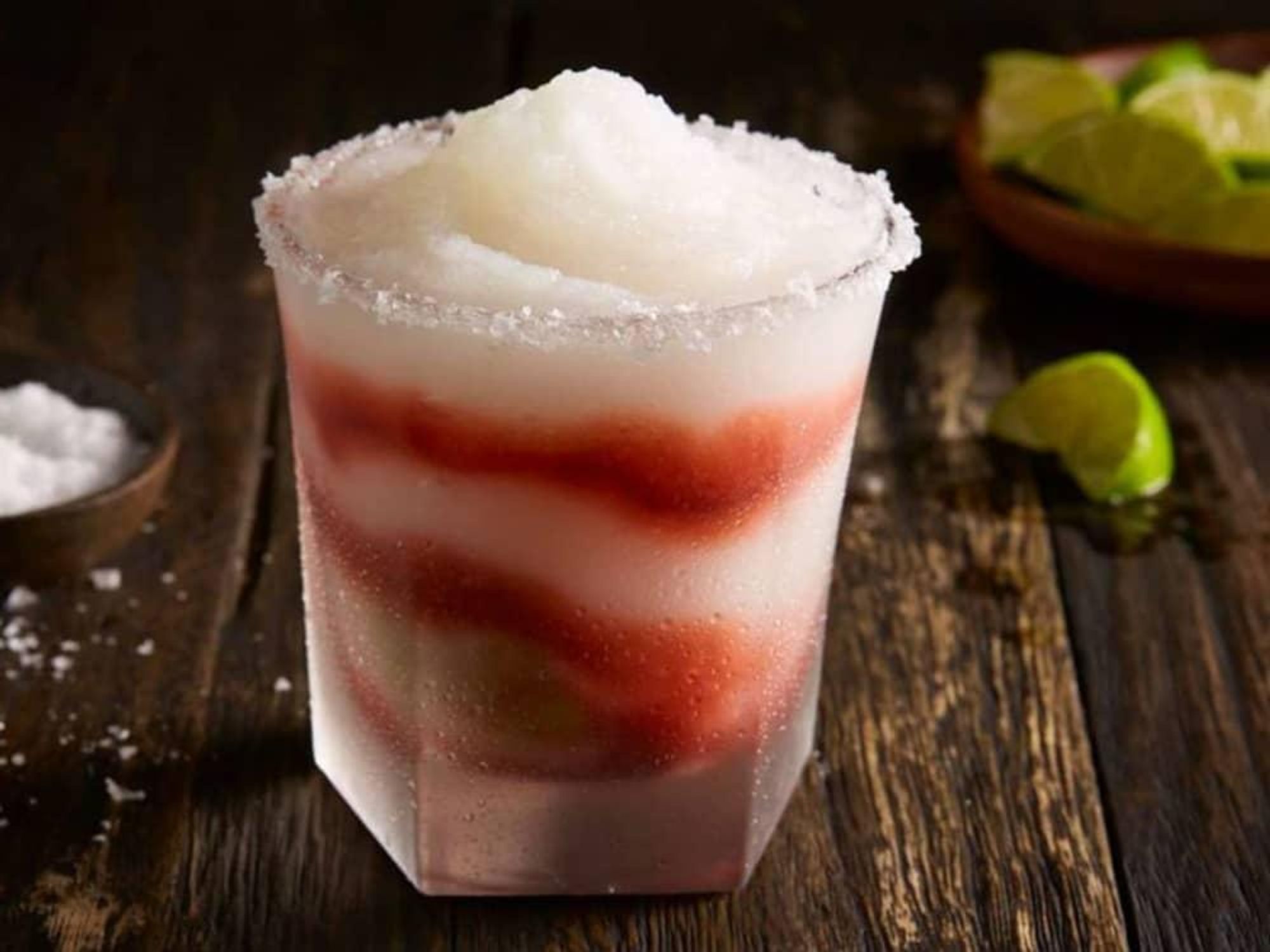
Nearly everyone has felt the effects of the COVID-19 pandemic, but few more harshly than the DFW restaurant community, fighting to stay alive since a March 19 decree by Texas Gov. Greg Abbott prohibiting on-site dining at restaurants, allowing only takeout, curb service, or delivery.
But Abbott threw what seemed to be a lifeline with a waiver that allowed restaurants to also deliver alcoholic beverages, as follows:
"Restaurants with a mixed beverage permit may sell beer, wine, or mixed drinks for delivery as long as they are accompanied by food purchased from the restaurant."
Two words stuck out: mixed drinks. Two more words: Mambo Taxi?
That's when the confusion began. What "mixed drinks" means to most people are margaritas with salt on the rim. What the government meant was bottled "cocktails" like Kahlua White Russian.
David Denney, an attorney and the current president of the Dallas Restaurant Association, says he knew Abbott's announcement would create confusion.
"Restaurants are not, in fact, allowed to sell mixed drinks, margaritas, etcetera, to go in cups, mason jars, gallon jugs, or anything else," he says. "Yes, the Governor's press release used the term 'mixed drinks,' and those are the words people focused on — but the words they missed were 'for delivery.'"
Denney says that some restaurateurs, reeling from the sharp decline in business, took it as a free pass to start selling their own mixed drinks.
"I get it — they are panicked," he says. "But the open container law says you cannot drive with a mixed drink in your car."
Were restaurateurs pissed off? Oh, you bet (so were customers).
The Texas Alcoholic Beverage Commission followed Governor Abbott's waiver with its own memo, clarifying that restaurants can sell bottles of wine and beer, plus spirits in manufactured-sealed containers no larger than 375 ml in volume.
The agency acknowledged that alcohol sales are a major part of many restaurants' business, and the ability to keep selling alcohol was essential to their survival.
It's actually an expansion of a recent change allowing restaurants to deliver alcohol through third-party delivery services such as Instacart and Favor, which went into effect locally in December 2019.
Denney says that the Texas Restaurant Association is petitioning the state to allow for restaurants' own mixed drinks, but with the government overwhelmed by securing hospital beds and ventilators for sick people, it may not find time to respond.
What restaurateurs might not appreciate is that, even without the mixed drinks, this still represents progress: It's the first time since Prohibition the TABC has allowed restaurants to sell booze to-go. "It was a huge victory for restaurants," Denney says.
But if you are selling mixed drinks and posting on social media, beware: The TABC is trolling. Denney says that one restaurant was caught in the act.
"I don't think you'd lose your permit for getting caught the first time, but the rules are what they are," he says. "We all wish they could just sell drinks to go — people want it, and restaurants need the money."
